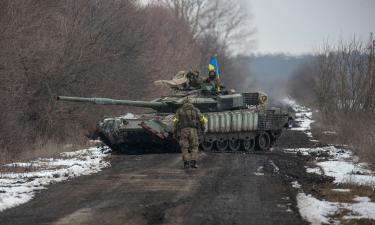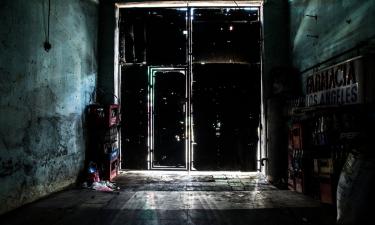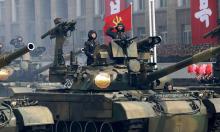Supreme Court to make decision over military trials
The Supreme Court agreed Monday to review a constitutional challenge to the Bush administration's military trials for foreign terror suspects, stepping into a high-stakes test of the president's wartime powers.
The court's intervention is troubling news for the White House, which has been battered by criticism of its treatment of detainees and was rebuked by the high court last year for holding enemy combatants in legal limbo.
The justices will decide if President Bush overstepped his authority with plans for a military trial for Osama bin Laden's former driver, who is being held at the U.S. military prison at Guantanamo Bay, Cuba. It would be the first such trial since World War II.
New Chief Justice John Roberts took himself out of the case because as an appeals court judge he backed the government in the same appeal. If Bush nominee Samuel Alito is confirmed, he could be a pivotal figure when the case is argued next spring.
The Pentagon announced Monday that five additional terror suspects at Guantanamo will face military trials on various charges including attacking civilians and murder. That brings to nine out of about 500 detainees at the facility who have been charged with criminal offenses.
Announcement of the court's move came shortly after Bush, asked about reports of secret U.S. prisons in Eastern Europe for terrorism suspects, declared anew that his administration does not torture anyone.
"There's an enemy that lurks and plots and plans and wants to hurt America again," Bush said during a news conference in Panama City with President Martin Torrijos. "So you bet we will aggressively pursue them but we will do so under the law."
In 2004 the justices took up the first round of cases stemming from the war on terrorism.
Guantanamo Bay has become a flash point for criticism of America overseas and at home. Initially, the Bush administration refused to let the men see attorneys or challenge their imprisonment in courts. The Supreme Court in 2004 said U.S. courts were open to filings from the men, although justices may be called on to clarify the legal rights of the detainees in a separate appeal.
The case brings a new issue to the court - the rights of foreigners who have been charged with war crimes and face a trial before military officers with possible death sentences.
Retired military leaders, foreign legislators, historians and other groups had pressed the Supreme Court to review the case of Hamdan, who like many Guantanamo inmates began a hunger strike over the summer, the AP reports.
V.Y.
Subscribe to Pravda.Ru Telegram channel, Facebook, RSS!




